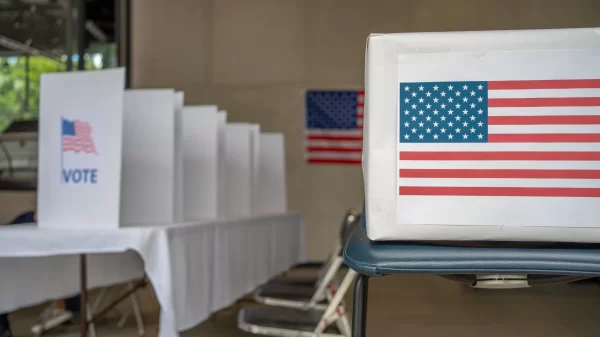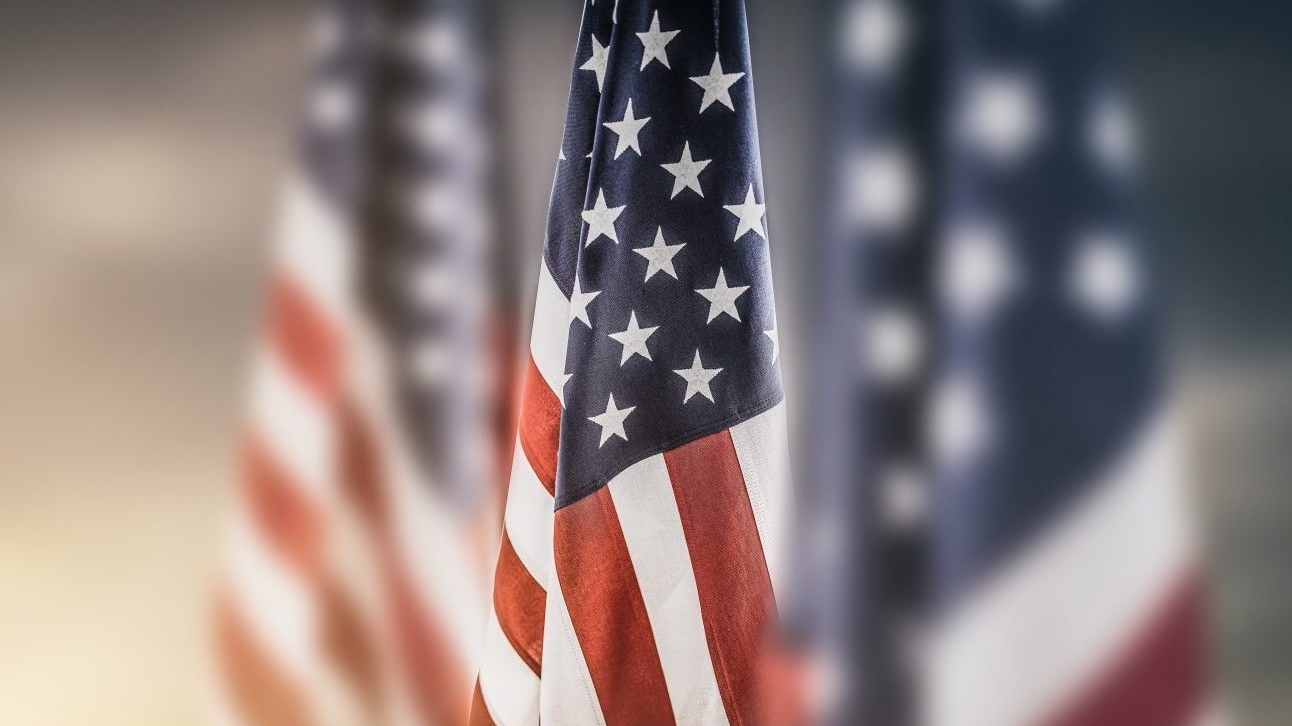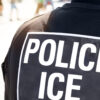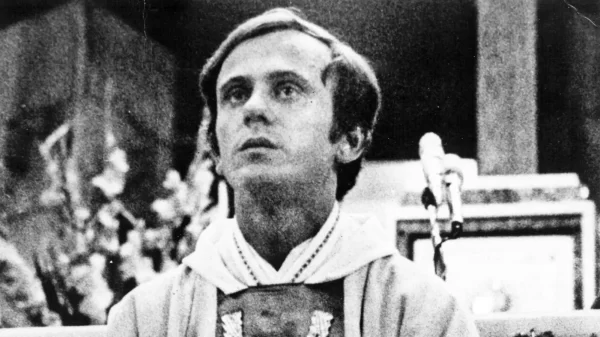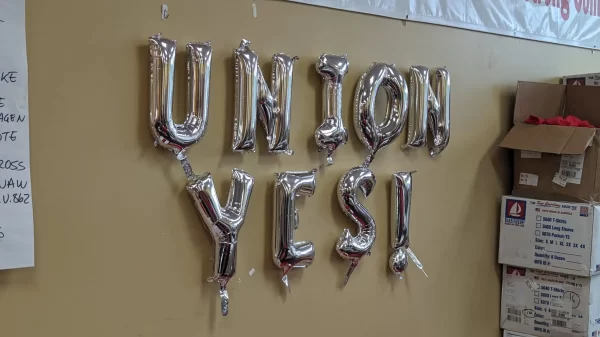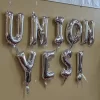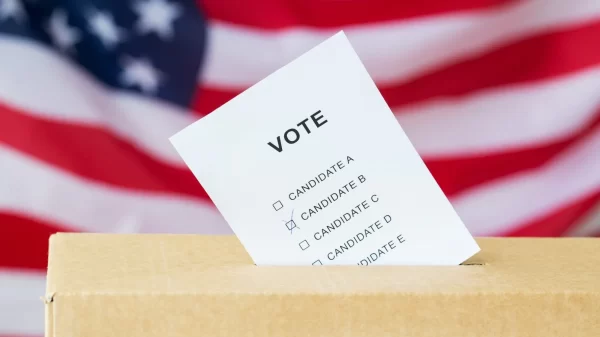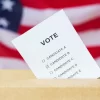Always the catch-all political crime, an accusation of treason is used to punish rivals and remove them from civic engagement. Autocrats use the insinuation of treason with brutal efficiency to banish, if not execute, a political problem or inconvenient idea.
While treason is bandied about to characterize someone with whose political beliefs we disagree, our founders made treason a particularly difficult crime to prove. As with so much of the Constitution, the terms were specifically written to prevent abuses witnessed by colonials. Article III, Section 3 not only provides safeguards that treason not be used to silence political opponents, but it also limits the extent of any punishment.
Because of these strictures, we often forget what real treason looks like and fail to fully appreciate loyalty to country or creed. While national ties are not unlike family bonds, this intrinsic loyalty to place or relations is often weakened by opportunity or ideology. Few people today really know a traitor to their country. There may be disagreements on any number of levels, but seldom do acts fully rise to the level of treason within the Constitutional definition. Treason in the United States is more than a lazy term of derision occasioned by mere policy disagreements.
Seventy years ago, when highly placed British diplomats surreptitiously defected to the Soviet Union treason was made manifest.
In May 1951, the Cold War was escalating between the capitalist West and the communist East. The United States had witnessed hearings before the House Un-American Activities Committee, and citizens were rocked by allegations of Soviet agents operating within our nation’s government.
Alger Hiss had been convicted of perjury, which fanned the flames that other government employees had divided loyalties and worked for the Russians. But many of the accused denied any involvement in espionage; for every accusation, there was denial and not always crystal-clear evidence of treason.
In a sensational trial held in March 1951, Julius and Ethel Rosenberg were convicted of espionage, but there was hardly uniform consensus that they were significantly guilty, and there was enough evidence to question the appropriateness of the death penalty. In similar cases, the accused were defiant and vociferously expressed innocence. Thus, the county was divided about whether the treason was actual and if those accused were more political dissenters than disloyal Americans.
The actions of the British diplomats and the subsequent revelations after their defection left no doubt that our former allies, the Russians, had for years spied on us and penetrated both British and American governments at a very high level.
At Cambridge University in the 1930s, several undergraduates, including Guy Burgess and Donald MacLean, were recruited by the Soviets to provide information about Great Britain. They were from privileged families and considered among the elite attending a premier university. Nothing in their background gave the slightest hint that their loyalties had shifted from King and Country to Stalin and the Bolsheviks.
MacLean joined the British foreign office in 1934 and almost immediately began supplying information to the Russians. Until his defection in 1951, he delivered more than 4,500 documents to his Soviet handlers.
Burgess was initially employed by the BBC but also British Secret Service and, later, with the foreign office. While working as a spy he supplied the Soviets with more than 4.600 confidential or top-secret documents.
Using information obtained from MacLean, the Russians leaked a copy of a letter from Churchill to President Truman which included an embarrassing assessment of Stalin. The FBI believed the leak had come from the British Embassy and suspected MacLean, but they were unable to confirm their suspicions.
Later, as Western intelligence services began decrypting old Soviet traffic between Washington and Moscow, MacLean emerged as a leading suspect given his access to a host of sensitive documents about the US, British, and Canadian committee on the development of atomic weaponry. Recalled to London, MacLean was tipped off by fellow Cambridge spy Kim Philby (who was stationed in DC with knowledge of the investigation) that he was under suspicion.
Given the stress of his dual identity, MacLean started drinking heavily and was viewed as so unstable that, once accused, he would confess and implicate others. Not wanting to risk exposure, Burgess and Philby explained to Moscow that MacLean must leave Britain, and Burgess began making plans for MacLean to defect.
At this same time, Burgess was dismissed from the foreign service based on conduct unrelated to his espionage. With his career at an end, he decided to accompany MacLean. Moscow felt a dual defection with mutual support could be successful. Others disagreed and argued that 2 defections would prompt counterintelligence to begin connecting dots to uncover seemingly loyal British citizens who served Stalin’s workers’ paradise.
By a series of feints and head fakes, Burgess and MacLean successfully defected and were noticeably absent prompting the secret service and other agencies to assess the situation. They soon realized their slow response to American inquiries had given the spies time to depart without exposing their accomplices.
The situation quickly began to unravel as guilt by association caused suspicion to fall on others who had served with Burgess and MacLean. Most importantly, trust between the U.S. and British intelligence agencies deteriorated, which may have been even more significant than the disclosure of state secrets. The instability caused by these defections led both the CIA and MI-6 into a frenzied self-examination, placing former colleagues under suspicion and disrupting normal operations in search of disloyalty. An inordinate amount of time was consumed by Western allies chasing spies who either did not exist or were not in positions to supply actionable intelligence.
Burgess, MacLean and their ilk committed treason by being unambiguously disloyal to their country. There remains no question that their actions lead to deaths and seriously compromised military and diplomatic secrets. They also sowed seeds of discord among Western security agencies.
While many in the United States questioned accusations against American citizens, the defection of Burgess and MacLean laid bear with absolute certainly that the Russians were creating an atmosphere of distrust, destruction, and deception aimed solely at achieving Soviet hegemony. In 1951, this reality shocked the world into confronting communist deception forcefully and directly.
The survival of the Western democracies depended upon blunting communist expansion; in 1989, the appropriateness of their actions was confirmed.

